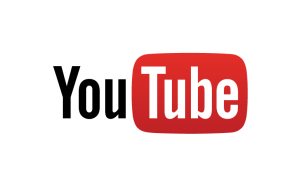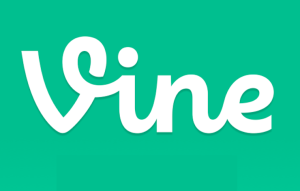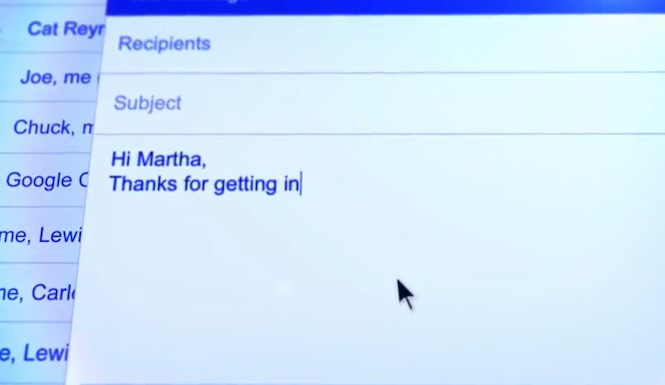-

-

-

-

-

-

-

-
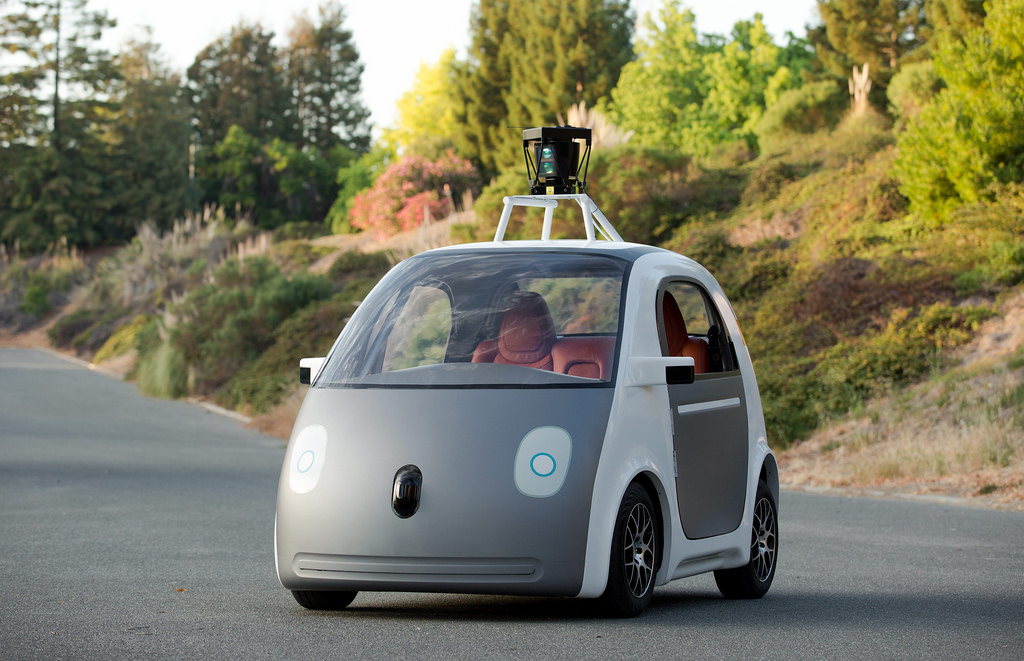
-
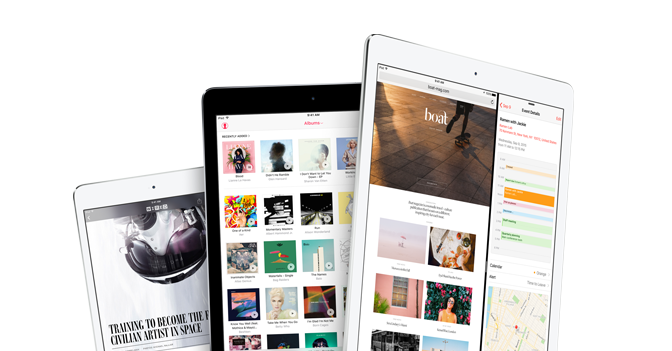
-

-
-

-

-

-
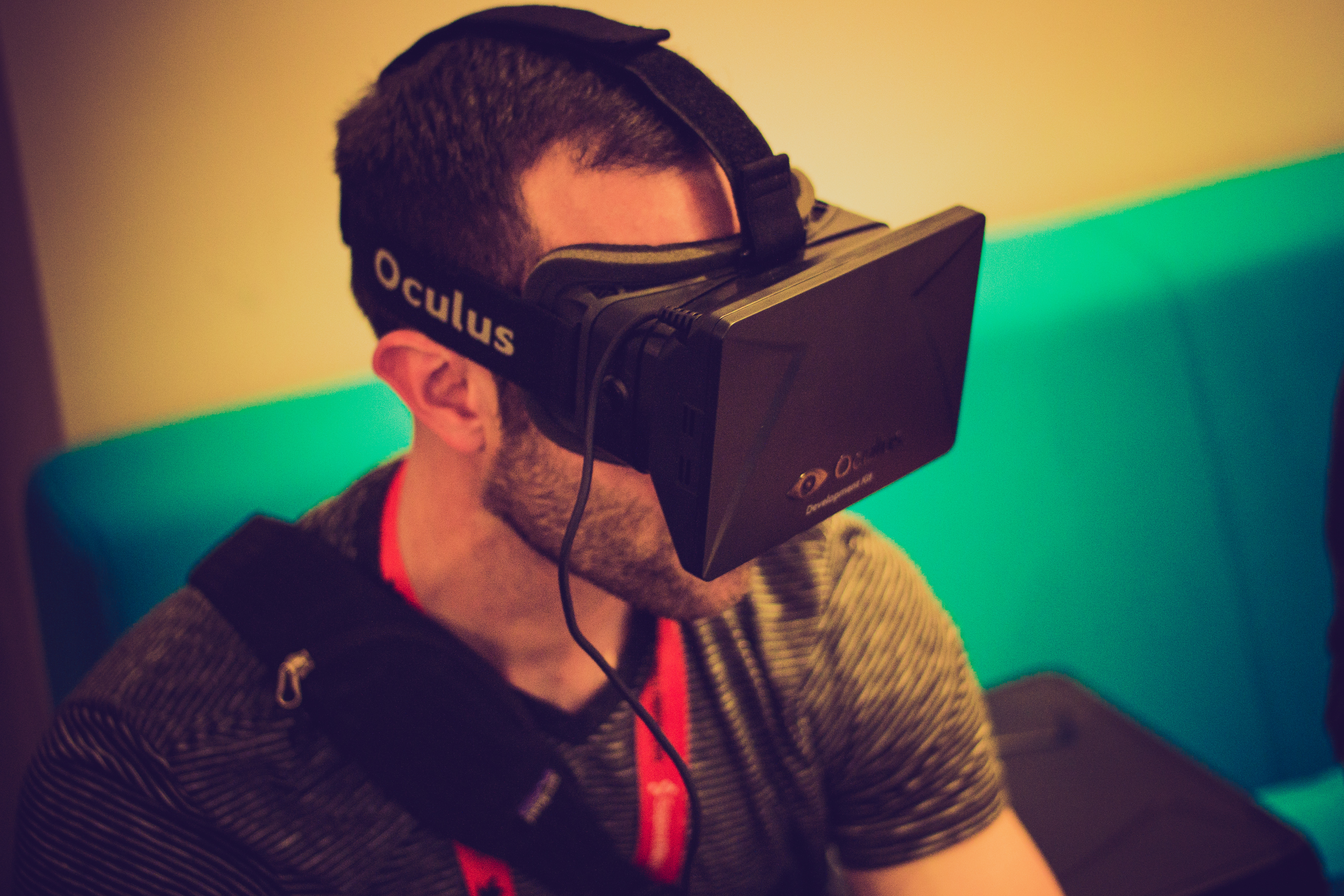
-

-
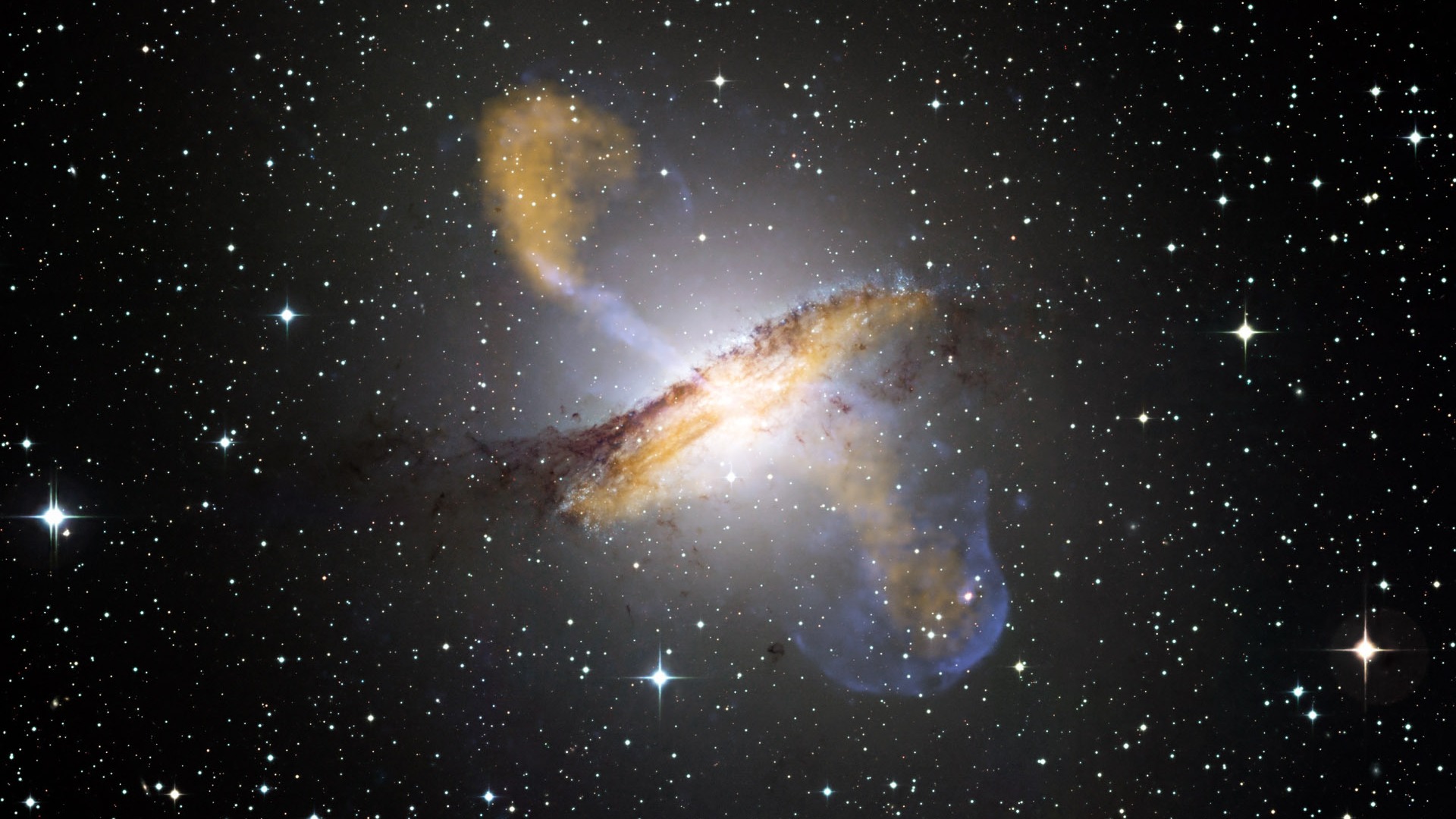
-

-
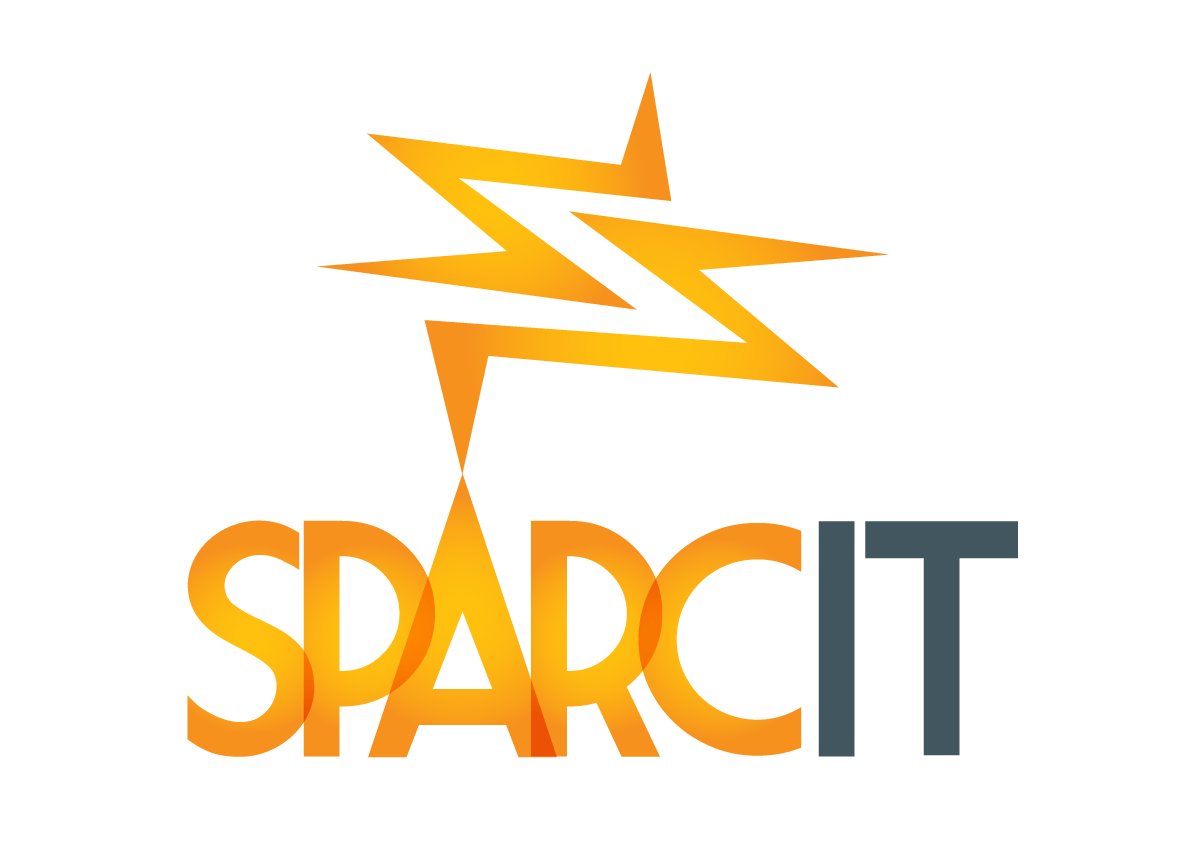
-

-

-
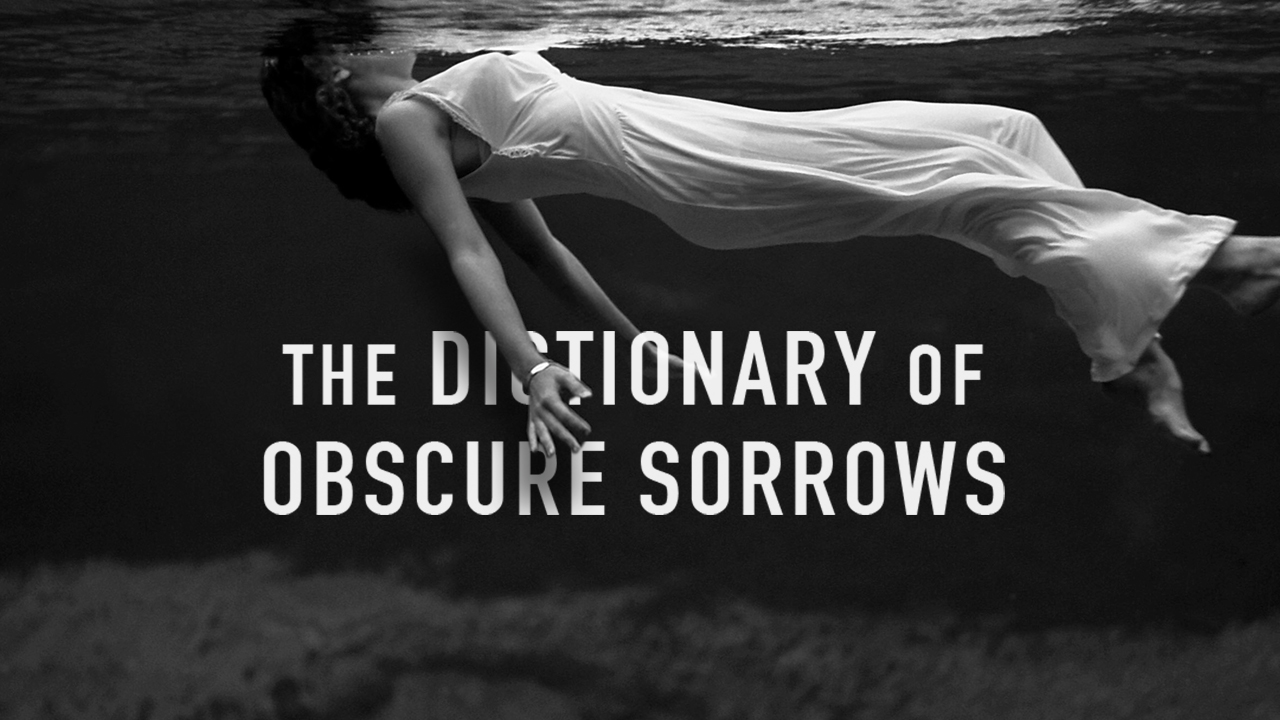
-

-
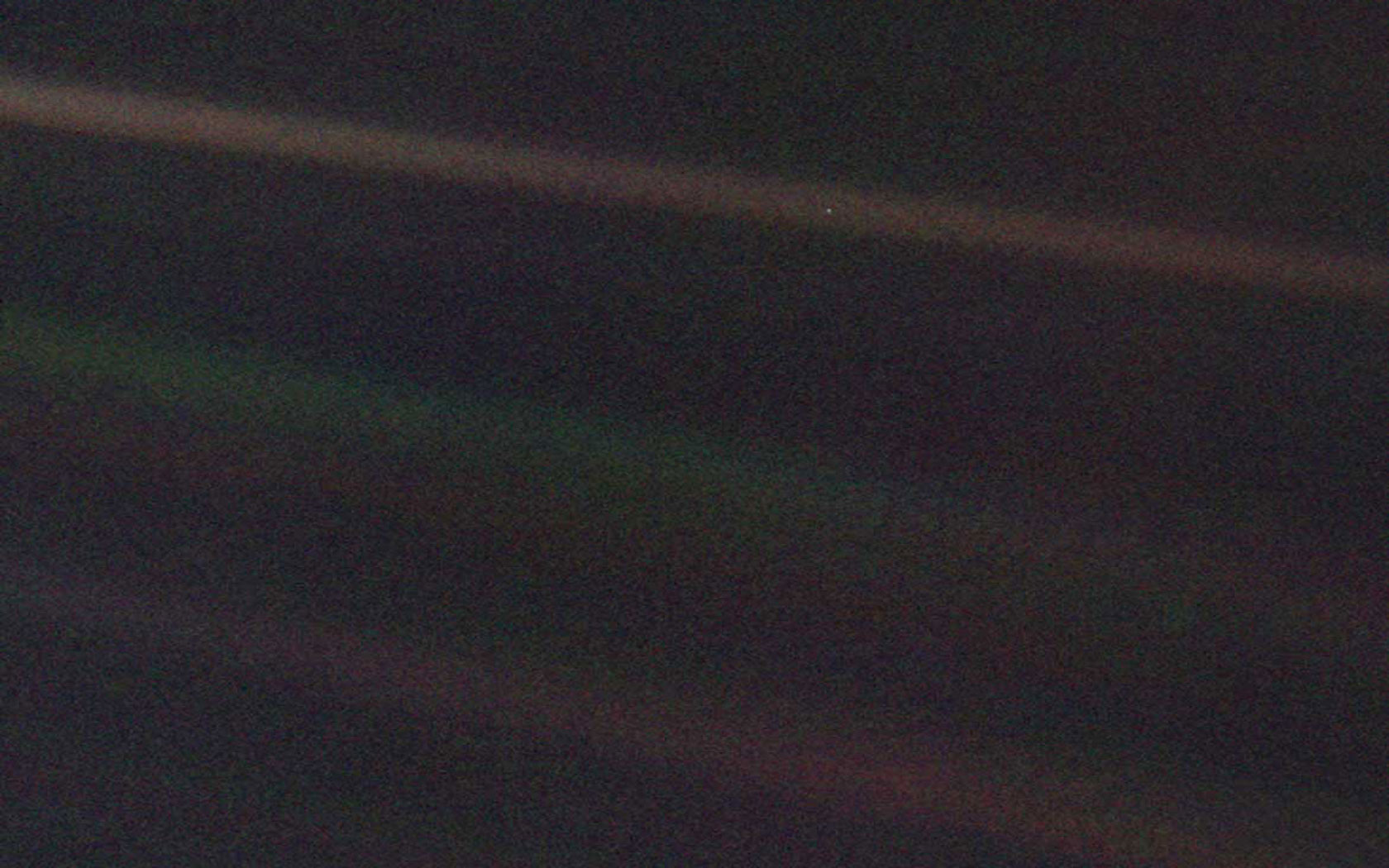
-

-

-

-

-

-

-

-

-

-
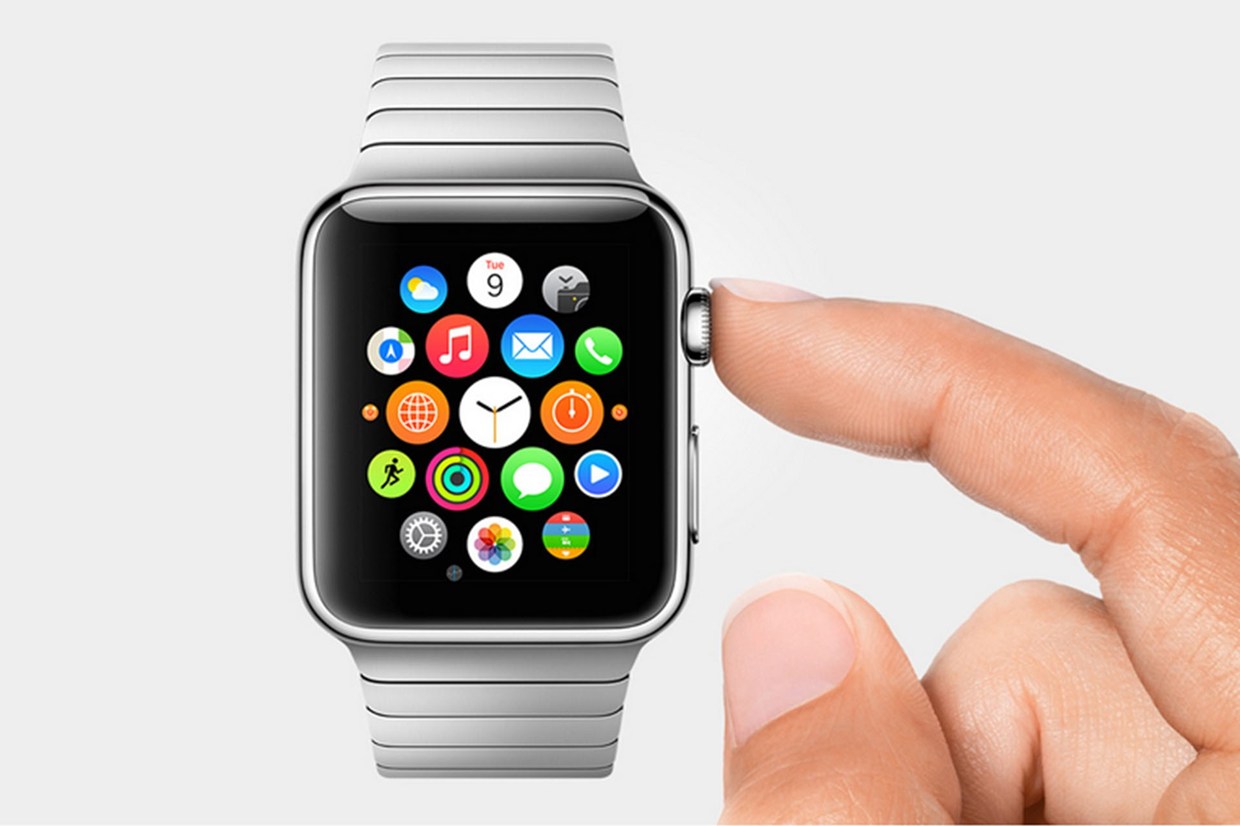
-
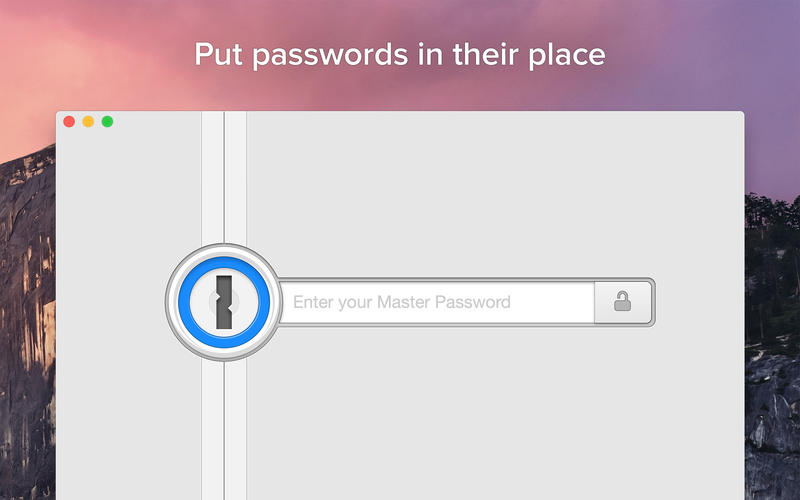
-

-

-
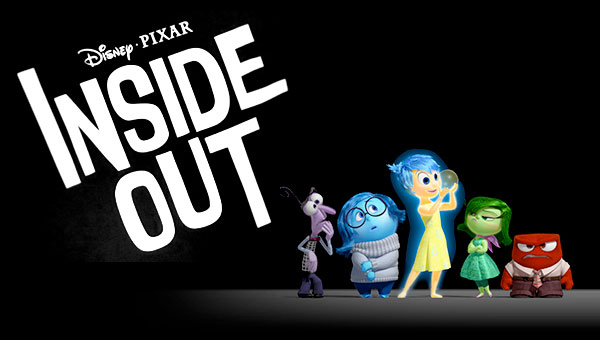
-

-
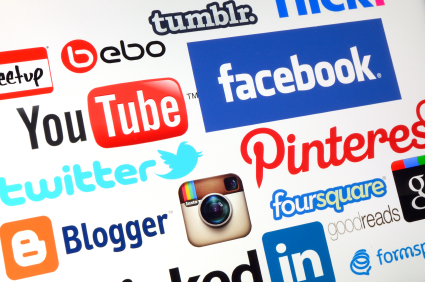
-
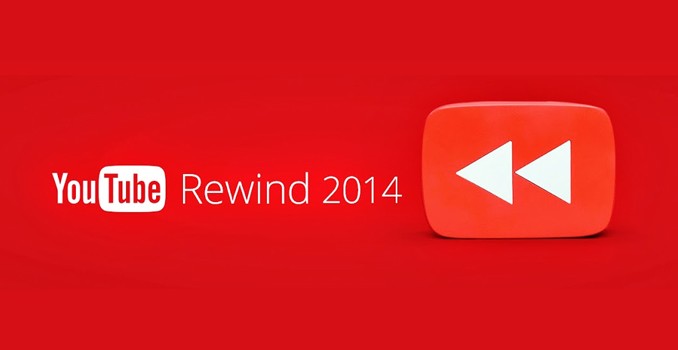
-
-

-
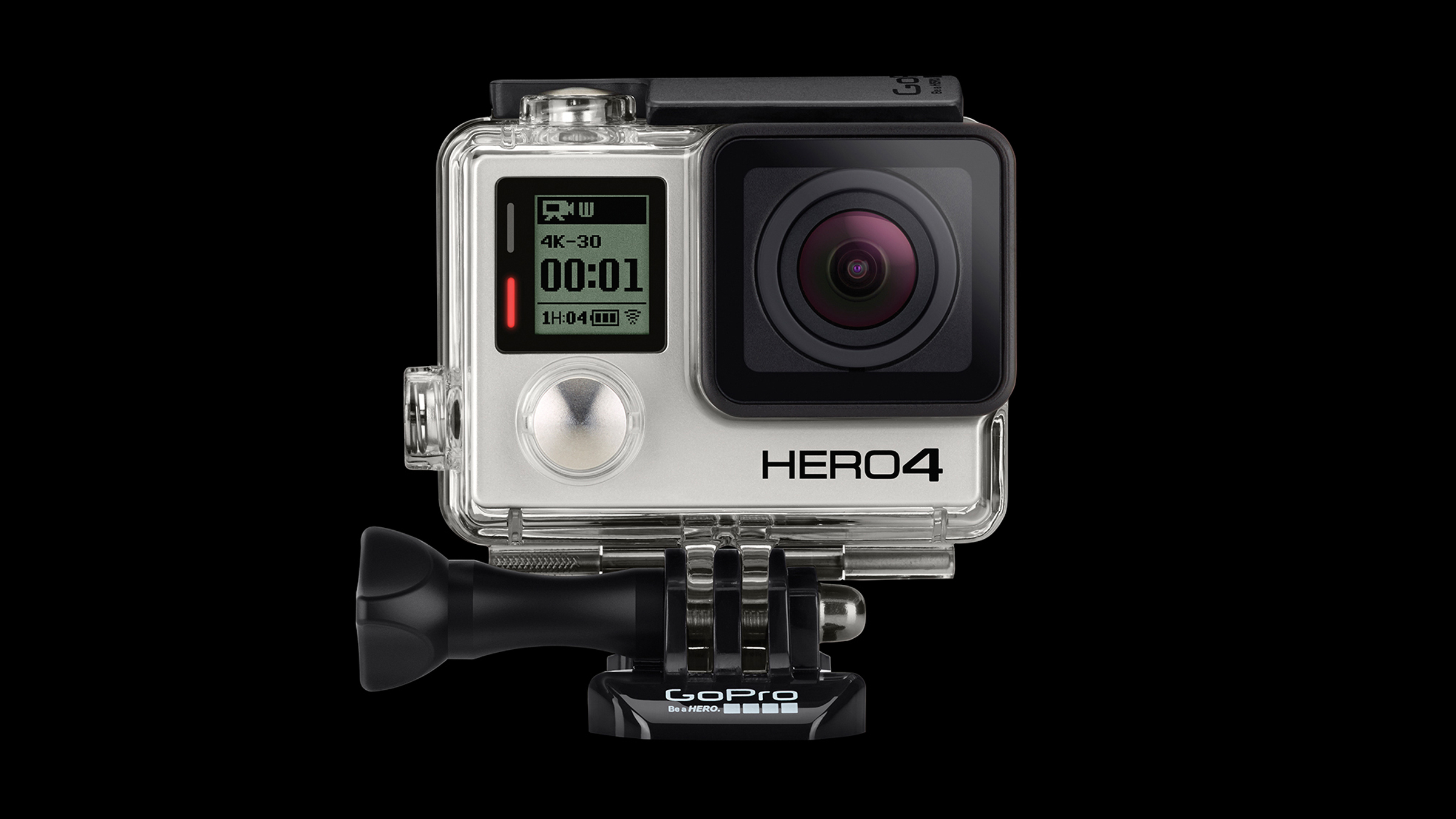
-
 TOTW: Google's Project Ara Modular Phone May Be The Future Of SmartphonesOctober 30, 2014
TOTW: Google's Project Ara Modular Phone May Be The Future Of SmartphonesOctober 30, 2014 -

-

-
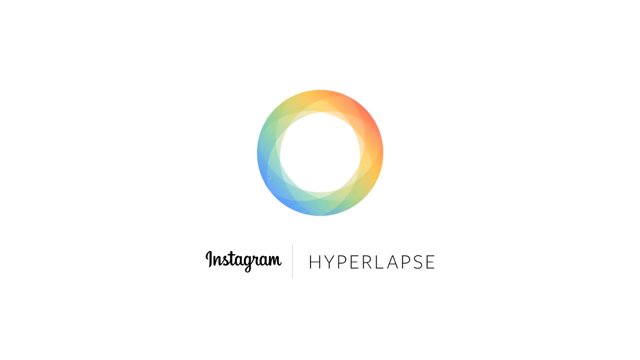
-
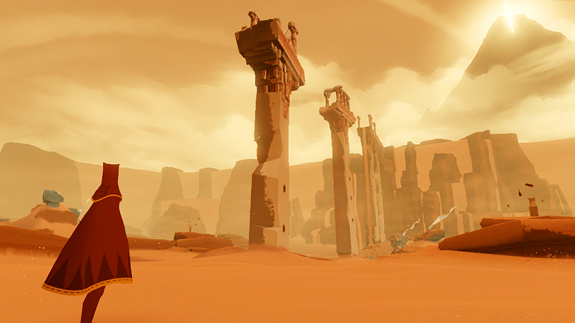
-

-
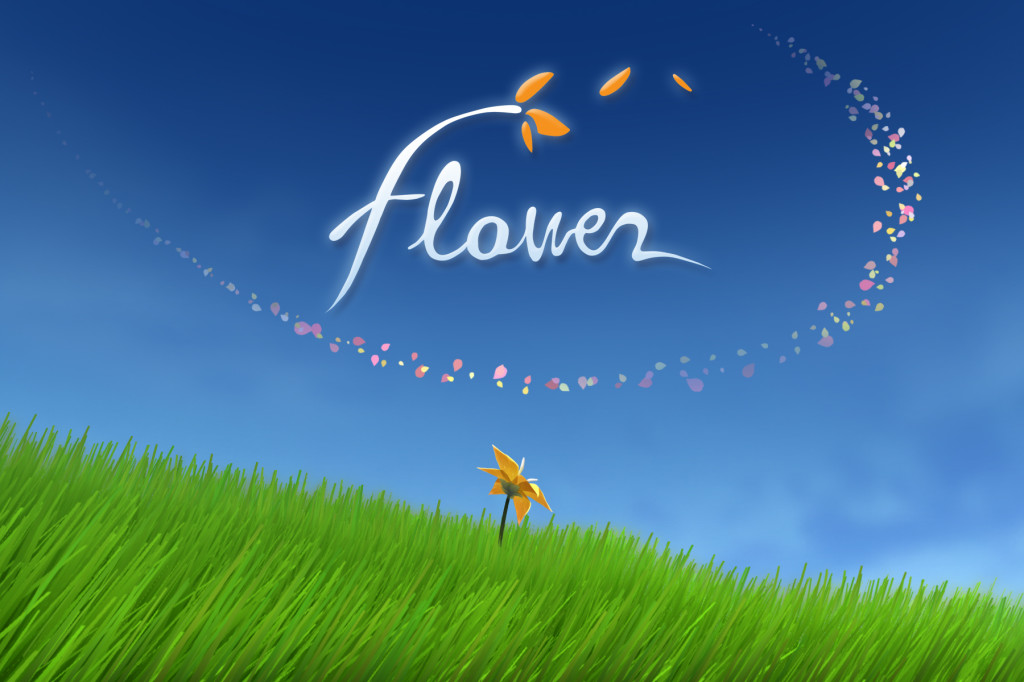
-
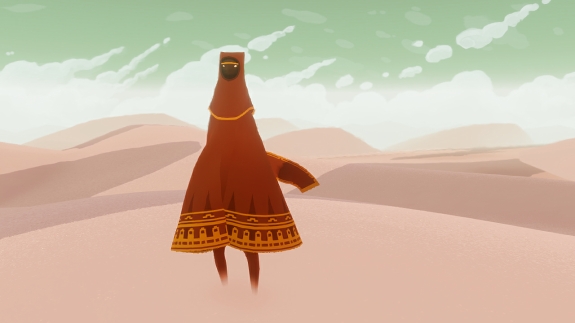
-

-
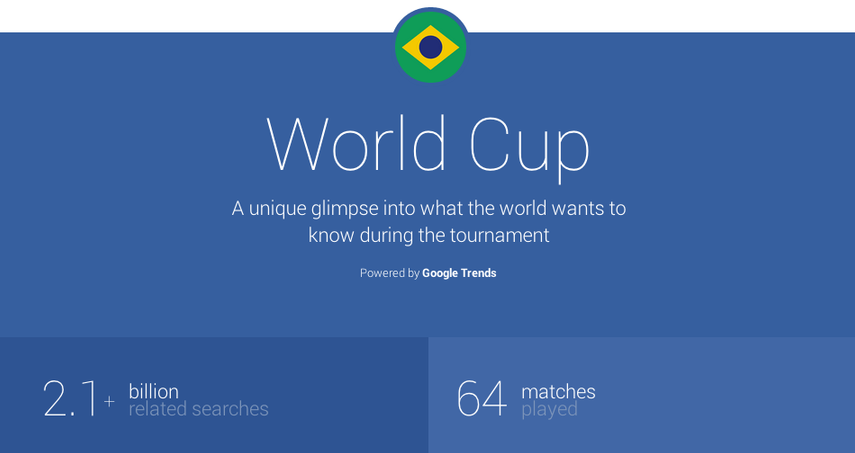
-

-
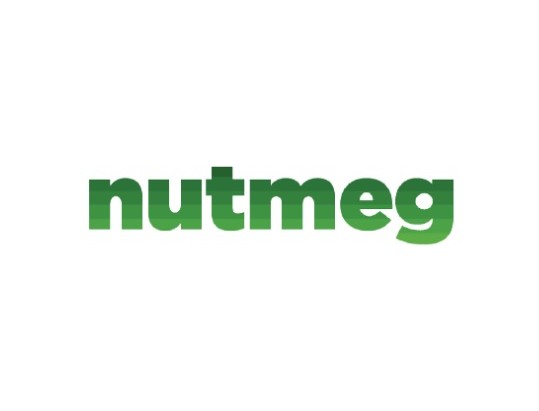
-
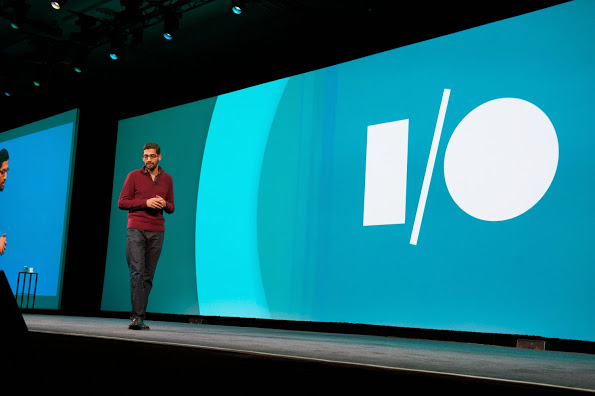
-

-

-
-
-
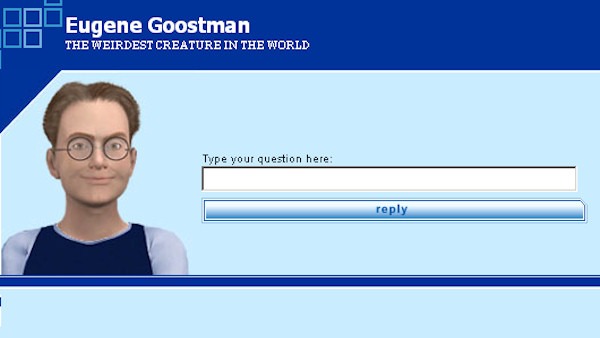
-

-

-

-
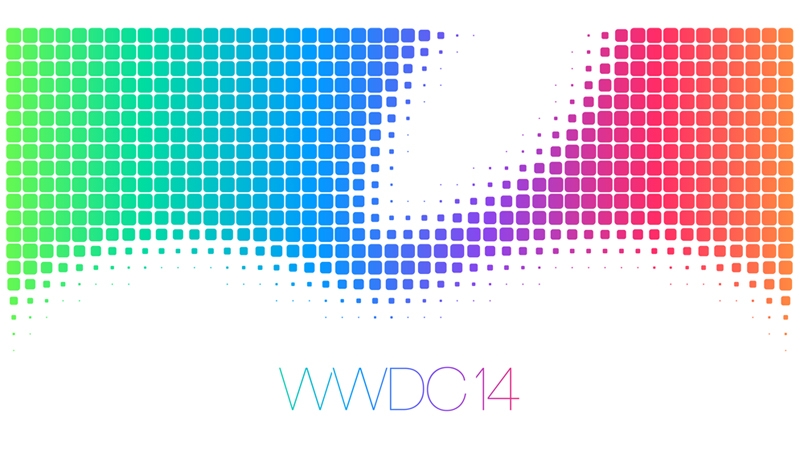
-
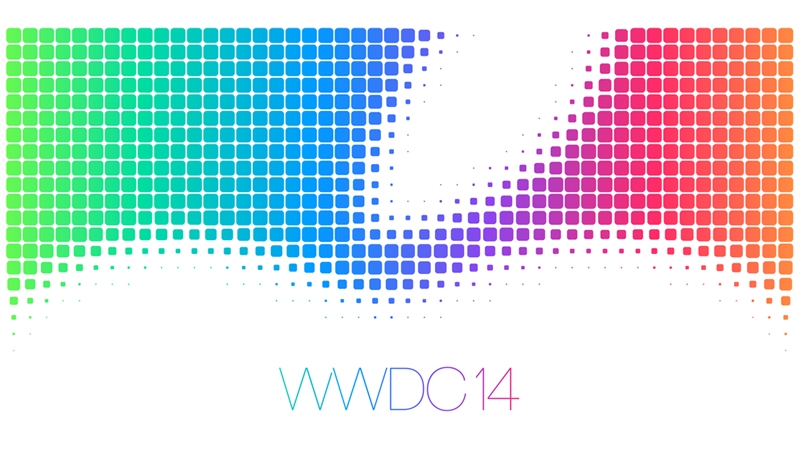
-

-

-

Posts tagged YouTube
The Monetization Conundrum Of Online Video
0With the possible exception of the Super Bowl, I’d bet it’s safe to say that nobody likes ads. Whether before a movie or video, in commercial breaks during television programs, or in the middle of your favorite podcast, nobody really enjoys being told to buy this product or use this service (often in a cringe-worth way) while they are enjoying their entertainment. Yet advertisements aren’t going away anytime soon; with the larger and larger audiences their ads are reaching, companies remain willing to allocate precious dollars to get their name out in every way they can. In the world of Internet publishing, ads have persisted as the staple of a creator’s income, despite significant shifts in the media landscape. But for online video, currently dominated by YouTube. advertisements have been a challenged revenue channel for creators hoping to earn a living.
I love YouTube and have a massive respect for the creators who have made it their full-time occupation to publish videos on the platform. These individuals spent an incredible amount of time and effort to become popular enough just to quit their day jobs and spend their time earning a living via YouTube. The sad part is that making a living on YouTube is harder than one might think. With popular YouTubers like PewDiePie making up to $7 million per year, it might be easy to regard YouTube as an easy path to fame and riches. But really, every YouTuber with even just 5,000 subscribers have put their heart and soul into their videos. As it is, money coming from ads just isn’t enough to allow YouTubers to start making videos full-time until they become very popular, a level which many never reach.
Let’s do the math. The average personal income in the United States is roughly $30,000. The current YouTube ad rate is a $2 CPM ($2 for every thousand views). To earn even the average U.S. income, a YouTuber creating weekly videos (a common schedule) would have to average nearly 300,000 viewers per video, an average usually only met by a YouTuber with around 2 million subscribers. (this varies from channel to channel) Of course, the rate at which you create videos is key in this calculation; if you make a video every day, the average view count drops to a more plausible 40,000. Compare that to the average CPM rate for TV, which is $19 (for an average 22-minute show). With that rate, you would only have to get 30,000 views per weekly video to reach the national average – much more sustainable.

Felix Kjellberg, aka PewDiePie, the most popular YouTuber on the platform. Last years, Felix sparked a small controversy when the public negatively reacted to his $7 million years income.
This isn’t just about YouTubers making more money because their media peers in television and film earn more. I’m not writing this out of pity for the struggling YouTubers who can’t earn a living wage yet are spending all their time trying to grow their audience. The reason the $2 CPM needs to be increased is because it simply isn’t enough to allow YouTubers to grow and make the great content we all want to watch. Take Olga Kay, a YouTuber with around 1 million subscribers across her five channels. In an article written in the New York Times, Olga talked about her hectic work schedule and about how “If we [her friends] were coming to YouTube today, it would be too hard. We couldn’t do it.”
Olga said in the article that she has made $100,000 to $130,000 every year for the last three years, which is a good income; yet she is still constantly stressed about finances, as much of that $100,000 goes straight back into her channels to pay for editors, equipment, etc. Let’s be honest: no one making twenty videos a week, almost three per day, especially with 1 million subscribers, should be that worried about finances.
This is the first part in Fast Forward’s two-part series on the YouTube’s advertisement and monetization conundrum. Stay tuned for the second article in the series over the next few days!
Videos Of The Week – Robots, Time Travel and More
010 years
#1. Humans Need Not Apply
Created by the analytical and political master of Youtube, CGP Grey, Humans Need Not Apply is an admittedly terrifying and incredibly interesting video on how humans are doomed to be one day pushed out of the way by robots. We don’t recognize it now, as the best robots we have currently rely on heavily depend on human control and monitoring. But as AI advances, there may become a point in time where robots are just more useful that humans in every field. And as CGP Grey explains, with an analogy of horses, that’s not necessarily a good thing. There may become a time, in the far off future, where we become something resembling…
The Borg. *shudder*
(just a joke for all you Star Trek fans out there)
But seriously, as CGP Grey points out, we have to prepare for what’s to come. And with technology increasing in quality and power so rapidly, that time may be something we don’t have. Forty years ago, computers didn’t even exist in any useful consumer form; forty years from now, who knows where humans and computers will stand?
#2. Three Time Travel
Have you ever wanted to time travel? To unwind some previous mistakes, or just out of curiosity? If you said yes, I know you’re not alone, and if you said no… stop lying.
But seriously, time travel is one of the most used science fiction cliches, and yet no matter how many blockbuster movies continue to use this trope, nobody can get enough of it. Unfortunately, there are many paradoxes that happen easily when one time travels, such as the Grandfather Paradox and more. In this Vsauce3 video, Jake (not from State Farm, but from Vsauce2) cleverly weaves many of these philosophical paradoxes about time travel into one video, all the while the video *spoiler alert* is a paradox itself. The main point that I drew from this video, although it has many, is: as much as you would like to go back in time to tell yourself to shave off that ridiculous mustache, or to give yourself the answer to a important test, or not to wear that shirt to the interview, it not only is not possible but also a really bad idea. Plus, Bill Nye has a cameo. That guarantees it’s good.
#3. Where’s Our Future Technology
Why don’t we have flying cars, moon colonies or hoverboards yet? No, seriously. For many decades, these future technologies have been promised, and the age old “In 20 years that technology will be common.” saying has been used over and over. Why haven’t these technologies actually become common, or at least possible? Well, there are multiple reasons, and it really depends on what tech you’re talking about. For instance, a moon colony may very well be possible sometime around 2030, but flying cars just don’t work in many different ways, including safety and logistics as two examples. But, there are many more technologies that we all have inside secretly been hoping for (like teleportation!) that Kevin from Vsauce2 explains in this great video.
And hey, another Vsauce video with a cameo by Bill Nye! Awesome! (and hey, even though he’s only on camera for 10 seconds in this one, just his being there makes the video seem all the more reputable)
If you like these videos, and want more of videos of this quality, check out Video Shakedown! Run by the people behind FFtech, Video Shakedown features the best videos from around the internet every day. Click HERE to go to videoshakedown.com!
Videos Of The Week – Pixar’s Inside Out and More
010 years
#1. Inside Out Trailer
This short, quirky, trailer for Disney’s’s upcoming movie Inside Out shows what’s really going inside the minds of teenagers and parents alike. Featuring the five personified emotions controlling your brain, Fear, Anger, Disgust, Joy, and Sadness, the film is still very vague in its storyline but promises to be entertaining none the less. Releasing in June, 2015, the film will be Pixar and Disney’s first film after the 2013 Monster’s University, and will, hopefully, be as good as the trailer is.
#2. Likehunter
Likehunter, a short film by Dissolve,(a stock video site) is a satirical video mocking the addicting effects of social media on every type of person imaginable. In the form of a video game, the video documents adventurers traveling for likes, dads playing with their kids for followers, and of course, cats going viral. And it’s true, to a certain extent, as I know many people who take their Instagram very seriously and make sure all their photos are edited, tagged, a perfect comment is written, and that they have the most followers and likes possible. I can relate, as posting your life on an app does have it’s upsides, such as interaction with your friends, but some people go too far.
Anyway, this short film in entertaining and fun, and also is very truthful. A great ad.
#3. Submarine Sandwich by PES
The newest creation by hit stop motion animator PES, Submarine Sandwich is the de-facto successor to the Academy Award nominated Fresh Guacamole, a great film taking normal objects and using them to create guac. In this film, PES, uses old sports gear, like a soccer ball, baseball gloves, and baseballs to create a sandwich. That sounds simple, but the seamless animation, great transitions and amazing props make this video a superb work of art.
Seasonal Best:
Nick Offerman’s Twas The Night Before Christmas Reading
As Christmas comes around the bend, I thought I would share with you my favorite of this season’s videos, when Nick Offerman went on the Tonight Show to tell a shortened version of the classic Twas The Night Before Christmas. Enjoy, and Happy Holidays!
Best Apps By Category Of 2014 – Social Media
010 years
If the App Store is a library, and each app was a book, that would be a pretty dang big library. And unlike books, apps can be updated, social, multiplayer, and iCloud compatible. Even in their own category, apps can bring you a completely different experience from other apps. It’s only logical that something with the same enormity as the App Store would have some good apps, and that’s certainly the case. There are many top-class apps out there, but like I said, there are a lot of them. So, I will pick the ones I used, the ones I like, to review under each category for 2014. To start off, I’ve picked the Social Media category, probably the most used category on the App Store as a whole. Just be forewarned – I don’t use Facebook, so that won’t be on here.
Winner: Instagram
Everybody knows Instagram. The 7th most popular social media app and site out there, the makers of Instagram perfected the photo sharing social media app. Literally there isn’t much more they could possible add. There is an easy direct messaging feature, easy integration with many third party photo apps, easy uploading and taking photos, and great aesthetics. The overall design is great, everything from the like button to the small orange semi-circle indicating you have a notification completes the look seamlessly. This app connects you to your friends, and lets them have a peek into your life and what you do, along with interacting with them via likes and direct messaging. Of course, the main thing that makes a social media app or site is the amount of users they have, and Instagram certainly isn’t short on those, with a current total of approximately 100 million. Great design, great user base, great app.
Runner Up:
Youtube
Although, in the current, popular definition of “social media”, Youtube is on the outer edge, I’ll still put it in here. With a incredible 1 billion average active users, Youtube has built such a following that it is one of the staples of the Internet itself, almost as much as Google. Which makes sense, as Google owns YouTube. As much as a website can, YouTube is a perfect site. And for this article’s sake, I should mention that the app is definitely as good, with a great mobile interface and design.
The ability to create media, such as video, and put it on a platform with so much attention that it makes, with enough hard work and good videos, it easy to become popular over the course of a couple years, is astounding. We live in an age of global information and sharing, and YouTube is just a great example of that. And besides all that, there is a gigantic wealth of information on YouTube in any topic, wether it’s educational, comedy, instructional, entertainment, music, vlogs, or whatever. It’s something that mankind has never had before, and should make full and deserving use of.
Other Best Apps:
Vine
Unlike YouTube, Vine is definitely for pretty much entertainment only, as there’s not much you can say that’s educational in only 6 seconds. But, that time limit does make the app very addicting and appealing, as you can scroll for hours on end just watching these small clips of most likely comedy. At least, the 6 second limit gives it a unique quality of a definite social media, one that can be used by anyone, and even to communicate with friends. My personal favorite feature is, although it is not unique to Vine, but that you can pause, start and easily edit your videos. This gives way to many more interesting possibilities, and you can search Zach King, someone who makes full use of that feature. Overall, although Vine isn’t my favorite of all social media, it does have it’s redeeming qualities that make it great for certain purposes.
Quora
Quora, a smaller, lesser known social media site, is actually one of my favorite social media sites. The site and app is used as a social query platform. If you have a question that can’t be Googled, or needs the opinion of other people, you can put it on Quora. If it’s a reasonably good question, you can usually expect it to be answered. And if you know the answer to a question on the site, or just want to give your opinion, you can just as easily add your answer to the list of other people answers. Many fairly famous people are on the site, such as Jimmy Wales, the founder of Wikipedia, and some other celebrities that have sprouted in the Quora community. The amount of interesting opinions, real facts you wouldn’t have otherwise known, personal stories, and tons and tons of questions is what makes Quora a nice, quality social network.
Honorable Mentions:
Twitter (follow us at @FFtechdotnet)
LinkedIn (linkedin.com/in/amorganfftech)
FastNews: Turn Down For 2014 – A Complete Yearly Youtube Review
010 years
That’s right, Youtube Rewind 2014 is here. Every year, for the past two years, the Youtube team has called all the major viral and popular Youtube creators together to create a crazy, amazing, random, but overall very entertaining mashup of all the popular trends. Last year, the topic was What Does The Fox Say; the year before that, Gangnam Style. This year: Turn Down For What.
Ok, ok, if you actually watched the video (and if not, watch above) you know that unlike 2013 and 2012, the “Turn Down For 2014” title didn’t totally fit with the video itself. In 2013 and 2012, Gangnam Style and What Does The Fox Say were the talk of the town, going mega-viral. They deserved to be the title and subject of the yearly summary. The problem is, 2014 didn’t have a standout trend. Sure, you could say “Happy”, by Pharrel, or Frozen, or “All About That Bass”, by Meghan Trainor, and of course all of those were featured in some way, but if you think about it none of those trends were nearly as popular as Gangnam and the Fox, for not nearly as long. Even Flappy Bird had it’s 7 seconds of fame in the video. So even though Turn Down For 2014 doesn’t nearly accurately represent the trends for the past year through the whole video pretty much every giant trend to small viral channel is featured.
Despite the fact that there isn’t a clear topic for the video, that doesn’t mean that the video won’t be filled with the best Youtubers there are. For instance, PewDiePie, the most subscribed Youtuber to date, opens the video, and is followed by the likes of HolaSoyGerman (20m subs), Smosh (19m subs), Jenna Marbles (14m subs), ERB (11m subs), TheFineBros (10m subs), skydoesminecraft (10m subs), Freddie Wong (7m subs), Michelle Phan (7m subs), Pentatonix (7m subs), Prank VS Prank (6.5m subs), and many, many, more. For the full list, click HERE and open the description.
Overall, the video is great, nicely weaving together pretty much all of the trends and viral videos from the past year. It’s nice to see Youtube (technically, Google) creating a video at the standards of filming, editing and animation that the best creators of Youtube itself have been setting. The video even gives people like me who follow Youtube, and know many of the stars in the video, a sense of nostalgia and wonder for what the next year in Youtube will bring.
Top 6 Educational Youtube Channels
010 years
As everybody knows, Youtube is a gigantic resource of video of any kind – short film, instructional, comedy, talk show, pets, sports, entertainment, music, vlogs, adventure, news, historical, everything. And of course, educational, which is a growing part of Youtube, and one of my personal favorite categories. Although most of the top 100 most subscribed Youtube channels are entertainment, comedy and music, some of the best educational channels have been rising up the ranks. And so, after about a 1 and a half years of casual watching, I have put together what I think is the top 6 educational Youtube channels:
#1. Crash Course
(the video above is my personal favorite of the channel )
Crash Course, run by brothers John and Hank Green, is one of the best and most comprehensive archive of easy to understand, enjoyable and educational Youtube videos about any and every subject. From the history of life on earth, to Romeo and Juliet, to electrons, to Indus Valley civilizations, to you’re sleep and dreams, Crash Course’s brilliantly animated, written, and performed videos are a joy to watch and always interesting. Averaging about 10 minutes long, Crash Course’s videos give a complete view over the specific subject of that video, which is dependent on which of the 9 series the video is in: World History 1, World History 2, Big History, Ecology, Psychology, Chemistry, Literature, Biology, and Us History. Seriously, I can’t recommend this channel any more.
#2. Vsauce
Vsauce, unlike Crash Course, has very little animations, is much less structured, and has a tendency to go off on small tangents. (all the while interesting, I have to say) Created by Micheal Stevens, Vsauce is a channel that dives into different scientific, mathematical and philosophical questions in great detail. In so much detail, in fact, that by the time you’re done watching the video you have a whole new idea of what the question was in the first place. Vsauce’s unique style of filming and editing is very easy to understand, and has now became a trademark of the channel. (there has even been a Vsauce parody video made) If you want to be entertained, and like learning new and interesting things, this is a good channel for you.
#3. CGP Grey
CGP Grey is yet another very informative and interesting channel, but instead of actually filming someone, CGP Grey’s technique is just voicing over not super great yet still fun, enjoyable and understandable animations. CGP Grey, like Vsauce, goes over lots of different questions, none of them really having to do with anything. But, unlike Vsauce, CGP Grey’s questions are usually not scientific or philosophical but political, historical or factual. And although there is much less interpretation in CGP Grey’s videos, they are still as enlightening, and interesting, making you want to go tell everyone you know about some random fact like whether Macau is a country or not.
#4. Veritasium
Veritasium, a name derived from the latin Veritas, meaning truth, and the suffix ium, used often in the periodic table, is another great educational youtube channel. In total, the name means “the element of truth”, a common phrase and, of course, a reference to science and the periodic table. Run by Derek Muller, Veritasium is like a lot like Vsauce, but also very different. Most of Derek’s videos are about some sort of question, but instead of just explaining the question, the videos usually have Derek going out and experimenting, actually figuring out the problem for himself and for us watching. In the videos, he does a great job of explaining each experiment in a very simple way, so even if you don’t have a physics or some kind of scientific degree you can understand and get information out of all his interesting videos.
#5. Kurzgesagt – In A Nutshell
At a measly 330,000 subscribers, compared to 2 million of Crash Course and the 8 million of Vsauce, Kurzgesagt is a smaller channel that is devoted teaching the listener about lots of different topics, usually about science, astronomy and controversies like Ebola and Iraq. Like CGP Grey, Kurzgesagt is only animated, along with a voiceover, except Kurzgesagt’s animations are top class, in the newest flat style, seamless, easy to understand, and overall just fun to look at. Even doing some animations for the vlogbrothers, (John and Hank Green) Kurzgesagt’s videos are not only animation masterpieces but also very informative and interesting to watch.
#6. Minute Physics
One of the founding channels of the now popular drawing film technique, Minute Physics is a really great channel featuring interesting topics, mostly physics but also occasionally biology, geology and earth sciences. All their videos are real time drawn (or now sometimes animated), and then sped up, with a voice over on top of all that. In total, the videos have very interesting material, along with the visualizations, which are very easy to understand as they are being drawn right at the right time. Overall, the channel has tons of videos, and in my opinion has the best physics videos on youtube for beginners. (or average people)
Honorable Mentions
Asap Science
Numberphile
Minute Earth
FastNews: April Fools Day 2013 Roundup
0April Fools Day is about celebrating fools. People who are so gullible, they’ll believe everything. April Fools day have almost become a tradition for people in America, and big companies have caught on to it to. Here is a round-up of everything that happend on April 1, 2013:
Google Nose
If you’ve searched the web this morning(April 1, 2013), which you probably have, you might have noticed Google’s new addition to its browser, Google Nose Beta. Google Nose Beta allows you to smell anything, from wet dogs to the inside of an Egyptian tomb, right from your browser. It unlocks infinite possibilities. Google have already started working off it, making AdScent Beta, advertising with smells, Foodles, Google Doodles with smells, YouTube Nosed Captions, comments with smells on YouTube, and Scratch and Sniff E-books.
Google Nose “uses” a high-tech inter sound-wave system that temporarily aligns molecules to let you smell whatever you want to smell. But say you want to smell a rose. Or a ghost. Google’s Aromabase has it. With over 15 million scentibytes, Google’s Aromabase has tons and tons of smells. And if you have an Android phone or tablet, you’re in luck. Android Ambient Odor Detection allows you to detect a scent, and send it to whoever may like/dislike what you smelled. As Google said “Your internet, smellier.”
YouTube Spotlight
Ever since YouTube started, their main goal was to find the best video in the world. So far, millions of videos have been uploaded and the contest has gone from a small question to a internet sensation. Many companies and events get information off YouTube. People post funny, cool, interesting, or just crazy stuff on YouTube. The original contest was forgotten. But, this morning(April 1, 2013), YouTube made an announcement that will change everything.
YouTube announced that at midnight, they will no longer be accepting videos, or even let the public look at previously uploaded videos. They will move on, and go back to they’re original question: What is the greatest video of all time? I know, most of you reading this will say, “Gangnam Style” without hesitation. But the judges are trying to make it as fair as possible. Still, they have to look through all the 2 million+ videos, so give them a break. It will be interesting what they will come up with, so stay tuned for my follow-up article when YouTube does announce the winner in 2023.
Gmail Blue
Ever get tired of the plain white and red of Gmail? Well, the Gmail team thought of that to. They even went as far as to making the beautiful, fast and powerful Gmail Blue.
Gmail Blue is the exact same thing as Gmail except…. wait for it……it’s all blue. The compose button. The word compose. The compose window. It’s all blue. You don’t have to set it blue. It just is. But why blue? Well, the Gmail team went through lots of colors, like yellow, green, brown, red, but found blue the most fitting. Blue also represents nature(well, green really represents nature but…). They wanted to show that nature is great, but not even mother nature could match the fastness and smoothness of Gmail Blue.
Google Treasure Maps Mode
Treasure is always something pirates leave behind. Captain Kidd, one of the more successful pirates, is soposed to have left a giant treasure hidden around the world. And recently, the Google Street View team found Captain Kidd’s maps at the bottom of a coral reef. Tons of them. All the maps they found are partially not decoded, meaning you have to hold the map a certain way or be at a certain place for the map to work. The Google team knew they couldn’t do it alone, so they decided to make Google Treasure Maps Mode.
Google Treasure Maps Mode is a virtual scan of all the maps the team found, but still with the special unlockable features. And guess what? Anyone can use it. All you have to do is go on Google Maps, and go to the place you usually go to change the type of map, and Treasure will be there. Hit that, and the virtual map will be there. Over time, the treasure map will be decoded by the world, and all we will have to do is find the treasure. Who will get the treasure is another story entirely.
Virgin’s Bottomless Plane
It’s not what it sounds like. The plane is not really bottomless, but it does have a glass bottom. I know it sounds absolutely crazy, but Virgin says tourism will never be the same. Still, it would provide a beautiful ride for everyone, not only the person with the window seat. But, if you are afraid of heights, I recommend you stay away from it.
April Fools Day is always a laugh. Wether it is food coloring or clock changing, it is always fun to watch someone be tricked. Led by Google, lots and lots of companies have followed that suit, and have made fake products or services just for laughs. It is one day of the year where designers, analysts, CEOs, product managers and most everyone else gets to have fun. But, some of the things they design are actually pretty cool, and would be awesome to have in the real world. I mean, how cool would it be to fly on a see-through plane while looking up what a wet dog smells like. Then you get a blue email telling you to look out the window, and find out you are above a clue to Captain Kidd’s treasure! In fact, I wouldn’t be surprised if some of these ideas do get into the real world someday. And I’m not kidding.




